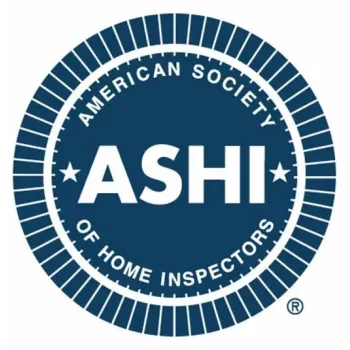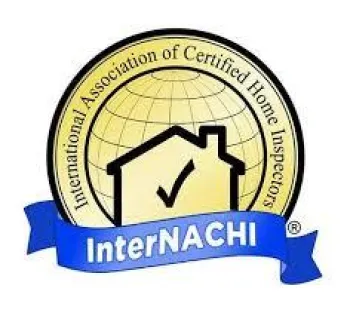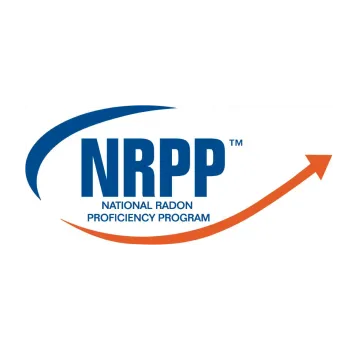Expert Home Inspections
Whether you are a first-time home buyer or seasoned in real estate lingo,
you want to find the perfect house to turn your dream
into a reality. Be certain with Cingo.
Home Sweet Home
A home inspection allows buyers to identify areas that may need to be addressed so purchase decisions can be made with confidence. Cingo home inspection pricing depends on several factors, but averages $400. Cingo home inspections include findings for termite, rodent, and pest activity by our own inspectors, not a representative from another company looking to make a sale.
View availability and schedule your inspection in real-time
Transparent reporting, 24-hour turnaround, predictable pricing, and our Money-Back Guarantee make the inspection process smoother than ever. Cingo home inspections include findings for termite, rodent, and pest activity by our own inspectors, not a representative from another company looking to make a sale.



















